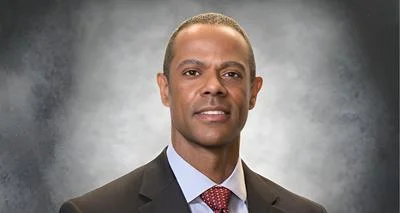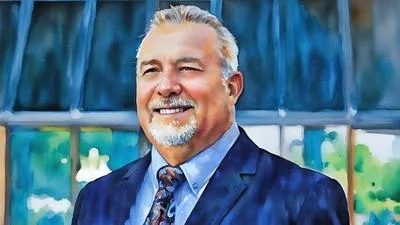The “One Big Beautiful Bill Act” has stirred debate. Critics on the left warn it favors the wealthy, while critics on the right argue it explodes the deficit. According to Brian Cochran, president and CEO of John Moore Associates, many households stand to benefit from the bill if they understand the details.
Cochran leads John Moore Associates, an independent registered investment advisor founded in Albuquerque in 1997. The firm serves 650 families nationwide and manages over $1 billion in assets.
He says that the controversy of the One Big Beautiful Bill Act has obscured provisions that matter most to average households. “There’s a lot of provisions in here that are meaningful for the average American that were lost because people on the left were so focused on, ‘Oh, this is all just a big handout for billionaires.’ And people on the right were saying, ‘Oh, this is just a deficit exploding bill.’ In between, there are fairly meaningful tax savings.”
One of the main changes is the exemption for tip income. “Starting this year in 2025 and going through 2028, the first $25,000 of tips you earn will not be subject to income tax,” Cochran says. The benefit phases out for high earners, ensuring it targets service workers. A similar provision applies to overtime. “It’s a $12,500 deduction or up to $25,000 if you’re married, on your overtime wages,” he says, again phasing out above $150,000 for singles and $300,000 for couples.
Cochran highlights a new age-based deduction for retirees. “Starting in 2025, you get a $6,000 extra deduction per person in your household that is over 65,” he says. “So if you’re a married couple, this could be $12,000 of income reduction.” He says this ties into the campaign promise of no tax on Social Security, though Congress chose to structure it differently.
Another change is the deduction of car loan interest, capped at $10,000 per year. “I have a little bit of a bias against this one because I don’t like anything that incentivizes car loan debt,” Cochran says. But for the average working-class person who has to use a loan to buy a car, great. We’re giving them a little extra deduction here that they don’t have to itemize to take.”
Cochran says that most benefits are structured for middle-class households, not billionaires. “I haven’t heard one thing said yet that benefits the billionaires,” he says.
Cochran says expanded child tax credit has expanded. “It was $2,000 per child. Now you’re looking at $2,200 per child.” He also notes new incentives for charitable giving, including a non-itemizer deduction of $1,000 for singles and $2,000 for couples starting in 2026. “Generosity is one of our four values as a firm,” he says. “We try to be generous as an organization, and then we try to inspire our clients to be generous.”
According to Cochran, the One Big Beautiful Bill has set estate tax exemption at $15 million per person, “meaning that a married couple can transfer $30 million to the next generation without tax.” While this provision benefits high-net-worth families, he says it provides clarity for succession planning. “When they die, their assets will go to one of three places: people they care about, the government, or charity. You can kind of move the pieces around.”
Cochran says financial planning is as much about values as it is about numbers. He frames money as a tool for stewardship. “When I give, I am acknowledging that someone else’s needs are as important as my own,” he says. “I get to see those dollars used for great purposes that are maybe better than what I would have done with them.”
A certified financial planner, Cochran integrates faith-based values into financial planning and focuses on stewardship. He co-authored a book with the firm’s founder, John Moore, on succession planning, which offers guidance for leaders navigating transitions in business and nonprofit organizations.
Cochran describes his firm’s work as “building financial plans based on biblical principles,” saying that “not all of our clients are people of faith, but they all benefit from those principles.”









